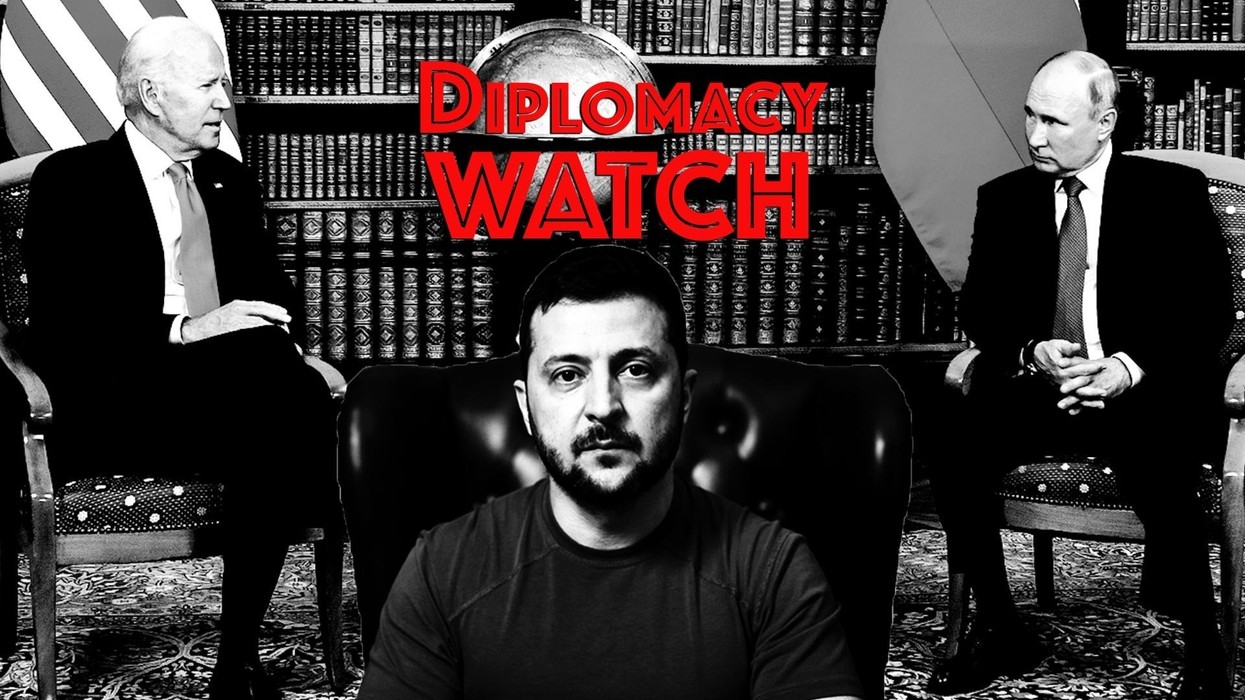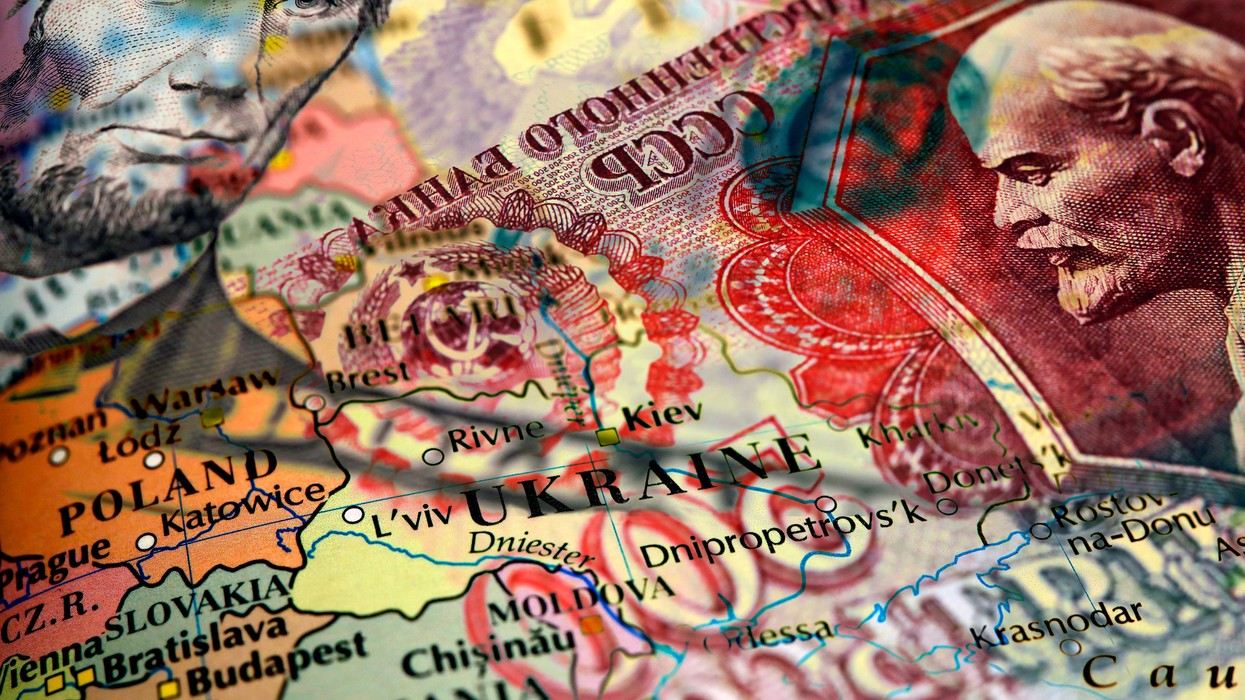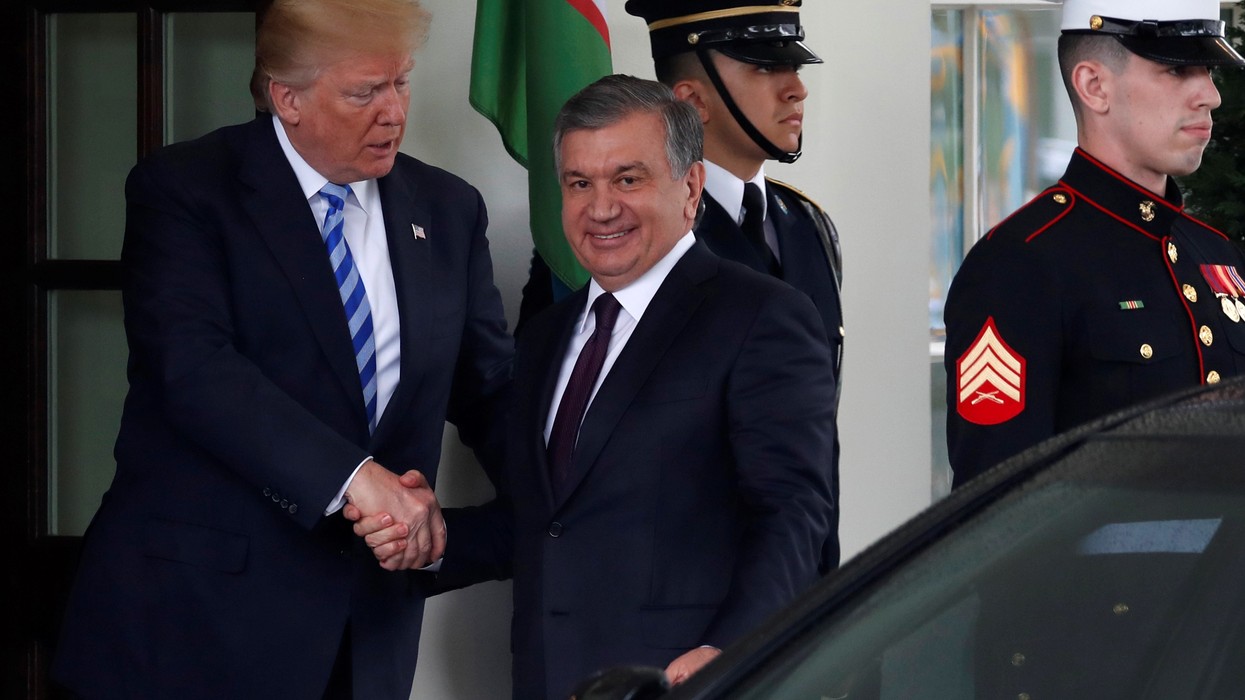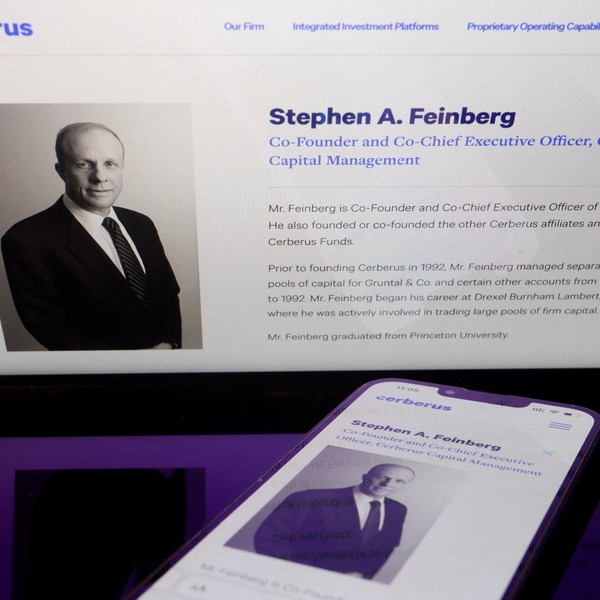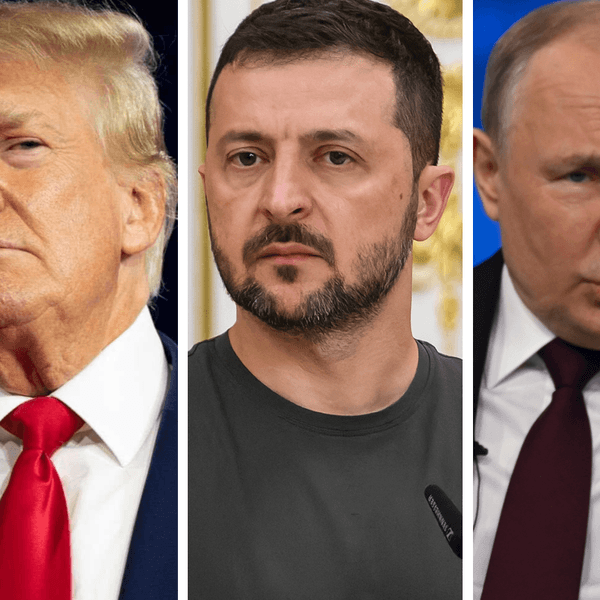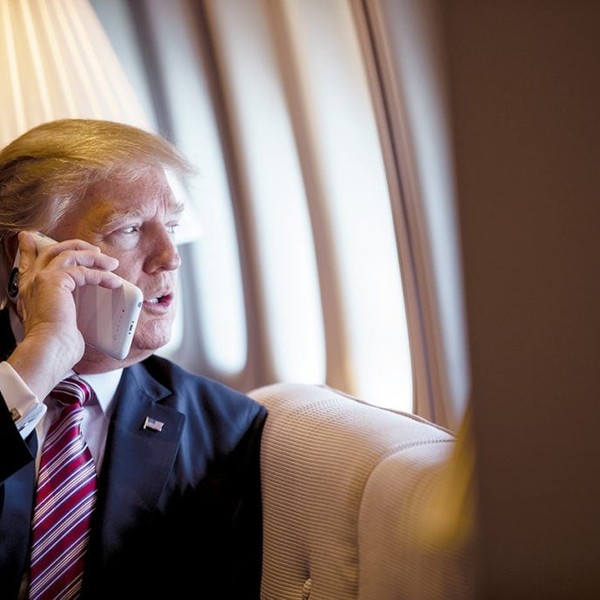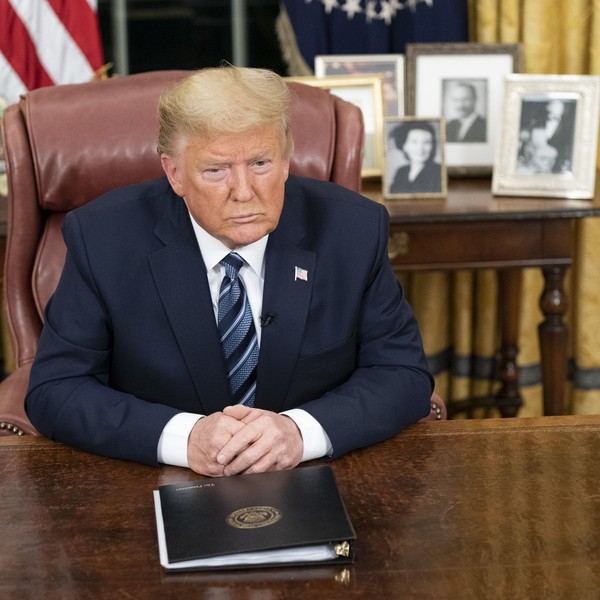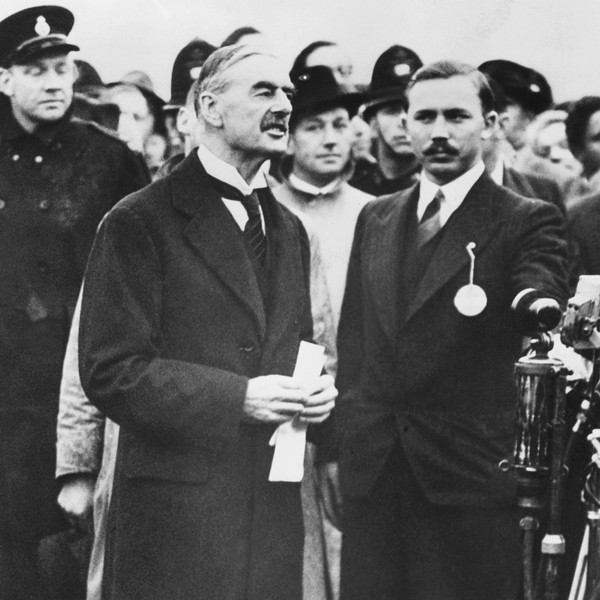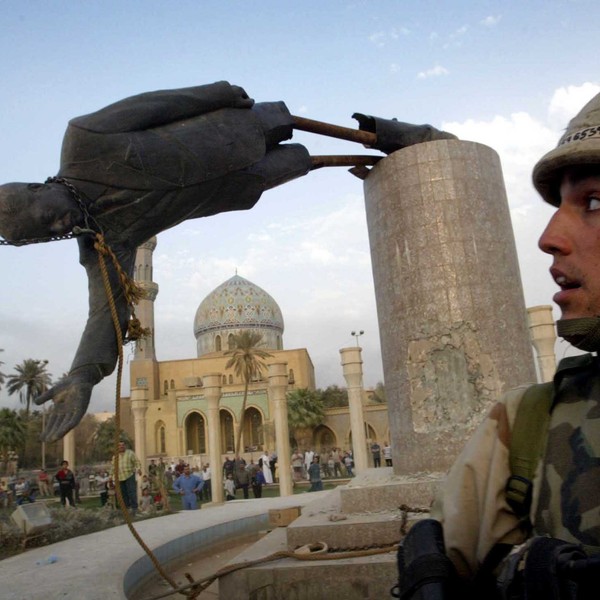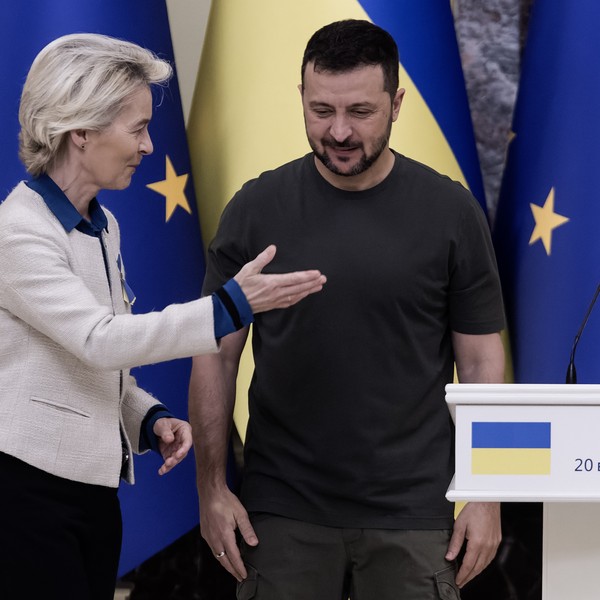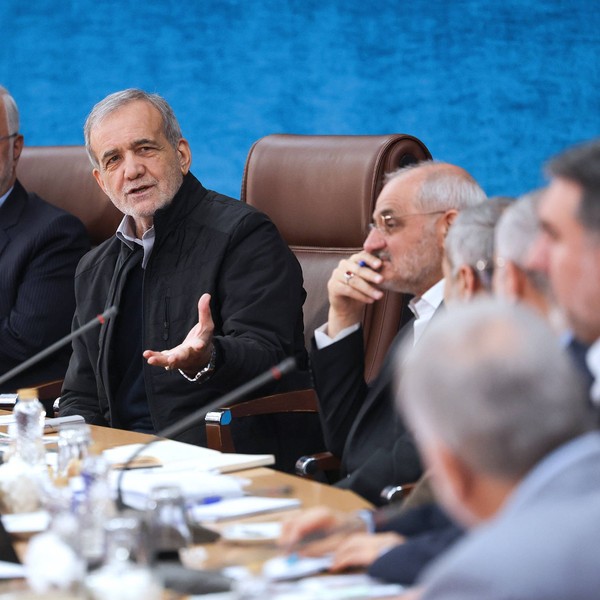We would not have an Iranian nuclear program to worry about were it not for Pakistani nuclear engineer and smuggler, A.Q. Khan.
Abdul Qadeer Khan, who died October 10 at the age of 85 from Covid complications, was the self-proclaimed father of Pakistan’s nuclear bomb. Though Pakistan secretly launched its nuclear program in 1972, the effort accelerated when the German-trained metallurgist returned to Pakistan in 1975.
He left his position at the URENCO uranium enrichment plant in the Netherlands with more than just the knowledge of how to turn uranium ore into the fuel for nuclear reactors — or nuclear bombs. He brought with him connections to a sprawling network of industrial suppliers and stolen plans for the European gas-centrifuges, which he modified to produce Pakistan’s first machines. He was soon put in charge of building, equipping and operating Pakistan’s Kahuta enrichment facility.
The entire operation relied on Khan’s massive smuggling program. He clandestinely brought in key technology from a dozen countries, including the import of an entire facility from West Germany for producing uranium hexafluoride, the gas fed into the centrifuges. With his help, by 1985 Pakistan was capable of producing highly-enriched uranium, despite repeated promises by the government that it would never do so. It was likely able to build a bomb by 1987.
Although Washington sought to discourage Pakistan from developing nuclear weapons, it repeatedly pushed the issue to secondary consideration. U.S. officials placed more value on Pakistan’s role in countering Soviet influence in the region, particularly in aiding the mujahideen fighting against Soviet occupation of Afghanistan. U.S. pressure delayed but could not stop Pakistan’s first test in 1998, when it exploded 5 weapons in response to India’s five nuclear tests.
By looking the other way as Pakistan built the bomb, the United States guaranteed the program's success. A nation with an unstable government, a fragile economy, powerful extremist influences in its military and intelligence agencies, terrorist groups operating within its national territory, and a rivalry with a nuclear-armed India with which it has fought repeated wars, now-nuclear-armed Pakistan became the most dangerous country on earth.
It got worse.
With Pakistan’s nuclear program now out in the open, Khan began to run his smuggling operation in reverse, exporting nuclear technology and expertise to other countries. In 2003, investigations by the International Atomic Energy Agency into Iran’s nuclear program and Libya’s decision to come clean on its secret programs exposed Khan’s nuclear black market to the world.
Khan’s key clients were Iran, Libya, North Korea and other undisclosed countries, possibly including Saudi Arabia. It was a full-service operation, spanning continents and the entire gamut of nuclear technologies. Former IAEA Director General Mohamed ElBaradei called it “the Walmart of private proliferation.”
For at least twelve years, Khan led this smuggling ring, netting more than $100 million from Libya alone. He provided blueprints, technical design data, specifications, components, machinery, enrichment equipment, models, and notes on the first generation P-1 and the next generation P-2 centrifuges. (“P” stand for “Pakistan.”) At least with Libya and possibly with Iran, Khan included as a bonus weapons-related designs and drawings. The blueprints were copies of a bomb design that China had apparently transferred to Pakistan in the 1960’s and formed the basis of Pakistan’s first weapons.
Iran purchased centrifuges from Khan, starting in 1989. By the early 2000’s, Iran had dozens of centrifuges operating in pilot plants. Iran insists the machines are of Iranian design, relabeling them IR-1, IR-2, etc., for “Iran-1.”
Iran is a highly capable society and it is possible that it could have designed and built an indigenous nuclear program on its own eventually. Khan, however, kick-started the effort, giving it at least a decade of knowledge and development before the 2003 U.S. invasion of Iraq changed the regional calculus.
Without Khan, there would not have been much of an Iranian program to discover. Talks between Iran, Europe, and the United States might have proceeded very differently without the obstacle of a large, developing enrichment program.
Pakistan Prime Minister Imran Khan (no relation) lauded the engineer upon his death, calling him “a national icon.” Khan had publicly acknowledged his nuclear exports in 2004 (in English, on Pakistani television) and claimed sole responsibility. The government denied any knowledge of his operations (even though Pakistan military planes, for example, carried missiles from North Korea to Pakistan as part of Khan’s barter deals). Kahn was given a full pardon, retained a role advising the government, and continued to earn riches until his death.
For Pakistan, Khan will forever be a patriotic hero. For most others, he will be remembered as the most dangerous smuggler the world has ever known.
Note: This article relies on research and writings conducted for the author’s book, Deadly Arsenals: Nuclear, Biological and Chemical Threats (Second edition, 2005)

